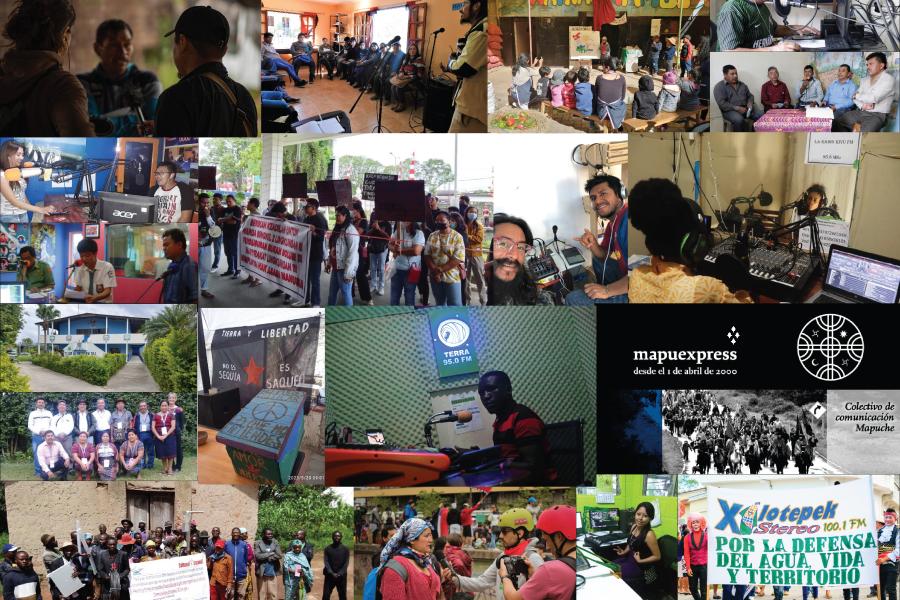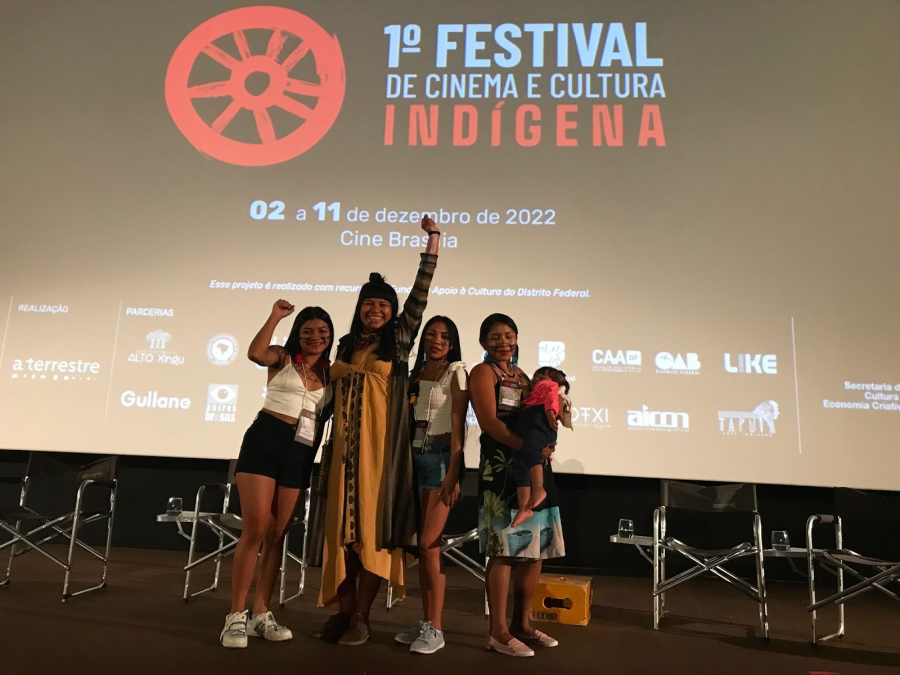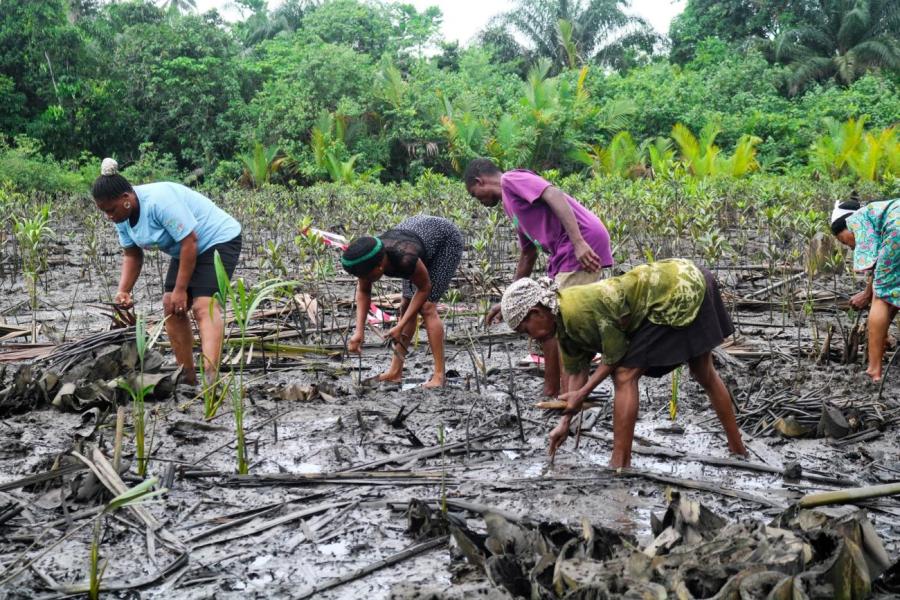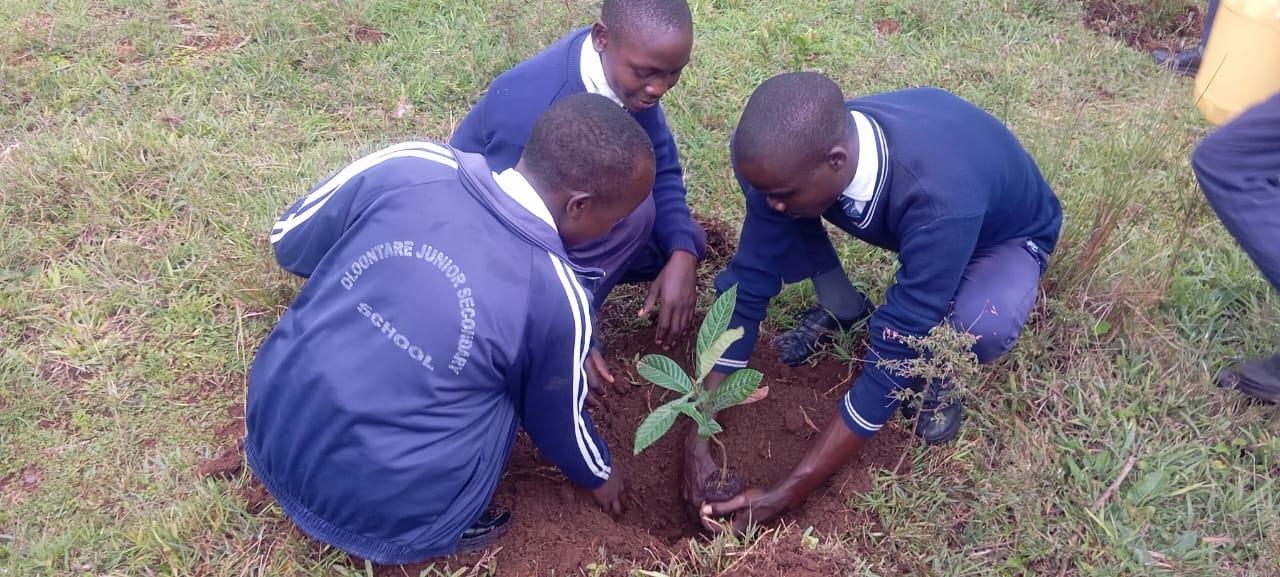
By Georges Theodore Dougnon (Dogon, CS Staff)
Across the globe, Indigenous youth are rising as powerful leaders in the fight against climate change, combining ancestral knowledge with innovative action to protect their lands, cultures, and futures. Through the Cultural Survival Indigenous Youth Fellowship, young leaders from Kenya, the Democratic Republic of Congo, and Bangladesh have designed and led projects that not only address urgent environmental challenges but also strengthen community resilience and intergenerational connections.
Here are their stories.
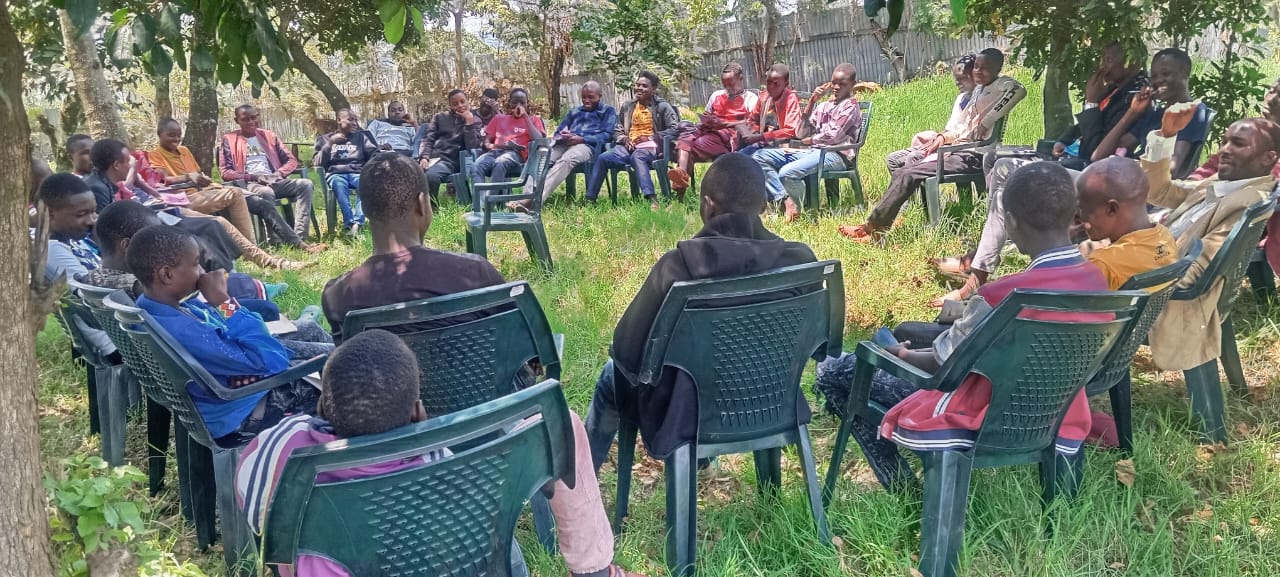
Shumari Daniel Parsakei (Maasai) from Kenya
Shumari Daniel is an Indigenous youth from the Maasai community of Kenya. He works with youth organisations in Transmara, Narok County, and has recently graduated from the University of Nairobi with a Bachelor's degree in Environmental Conservation and Natural Resources Management. He works as an extension and coordination officer at the community level.
The aim of his fellowship project was to build the leadership capacity of Indigenous Maasai youth in Kenya, focusing on land rights and climate action. Through targeted activities, the project empowered 70 girls and 55 boys to become active agents of change in their communities.
The activities began with a stakeholders' meeting that brought together local leaders, Elders, and community members to discuss issues affecting young people. Topics such as drug and substance abuse, early school dropout, and sexual and reproductive health were identified as pressing concerns. "We had to involve the stakeholders (parents and educators), who have now become positive because the youth are learning in a positive way. The youth have started to change their minds. They want more meetings, and there has been a positive change.” Shared Shumari.
The fellow also shared that the youth training session on land rights and ownership enables participants to learn about the importance of understanding land documentation, such as title deeds and plot numbers. Another activity was Girl Empowerment Day, where 70 girls received training in reproductive health, personal hygiene, traditional knowledge, and cultural practices. They were also provided with sanitary pads and soap to support their hygiene and dignity. Fifty-five boys also received training on sexual and reproductive health.
One of the most important parts of the project was environmental action, which involved planting 50 Indigenous trees at a local school. This activity aimed to promote climate awareness and environmental stewardship among the students. The young people recognised the ecological and cultural importance of Indigenous trees in their community.
The project demonstrated significant change in the behaviours of the young people involved, and the fellow shared that there is strong interest in organising more workshops and training to reach a larger audience. They also requested regular follow-up sessions to reinforce the lessons learned. Participants also expressed their desire to connect with and learn from young people in other communities on topics such as climate change.
As final thoughts, Parsakei shared with the fellowship team gratitude for the opportunity, as follows: “This project has been a great journey for me, and I’m truly thankful to Cultural Survival for the opportunity. I’ve grown by choosing to work with young people and my community. I’m currently working with an Indigenous organisation that focuses on women, and engaging with young people has made me a more impactful person. I’m now more informed about everything happening with young people, and I really feel like I’m growing. Thank you.”
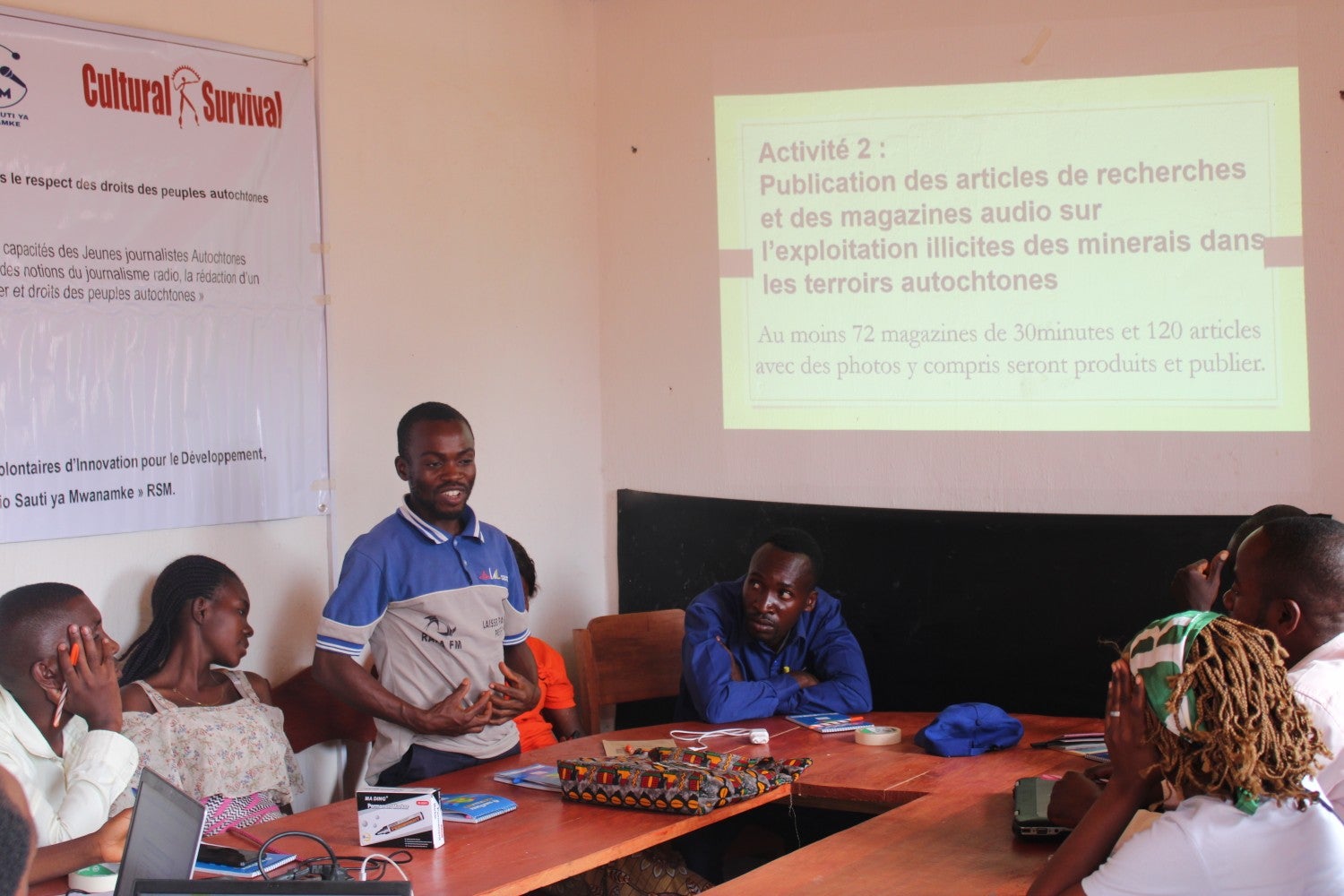
Balangaliza Espoir Akuzibwe (Batwa) from the Democratic Republic of the Congo
Balangaliza Espoir Akuzibwe, is a young defender of Indigenous Peoples with a passion for philanthropy and traditional entrepreneurship in the Democratic Republic of the Congo (DRC). He is the coordinator of the “Reseau Espace Climate(Climate Space Network) ", a platform bringing together more than 7 civil society organizations representing Indigenous Peoples in eastern DRC, the African Union's youth delegate in DR, and the Ambassador for peace and climate.
Akuzibwe is originally from the province of South Kivu. For several years, his region has been faced with the problem of deforestation and the illicit exploitation of nickel, lithium, cobalt, and copper ores in the forests of the Bambote and Batwa Indigenous communities of Fizi-uvira, bordering the Bobondo Fizi, Emo-Imakala, and Hewa Bora protected areas.
This situation is the result of a number of factors, such as recurrent wars, which have led to the movement of Bambote and Batwa Indigenous populations from Fizi-uvira to the DRC; poverty, which has encouraged the Indigenous people concerned to turn to carbonization as a more attractive economic activity; and poor farming techniques, which destroy the soil, leading to a number of harmful consequences.
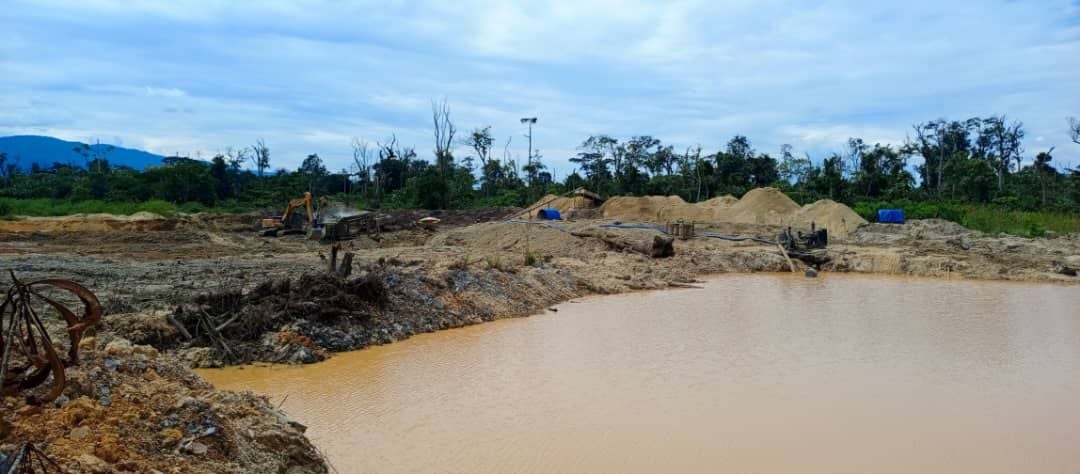
This is why, through the Youth Fellowship, he implemented a project that aimed to promote and popularize biomass briquettes: an alternative energy source to combat deforestation and achieve SDG 7 in the Indigenous Bambote and Batwa communities of Fizi.
The project, carried out between June and September 2024, saw the development of four briquette production sites by Indigenous women, the training of 40 direct beneficiaries (including 30 women and 10 young people), the acquisition of production equipment, and a media campaign to raise awareness of the importance of preserving forests.
Despite time and resource constraints, the activities were marked by strong community involvement and led to increased awareness of environmental issues, climate justice and ecological entrepreneurship.
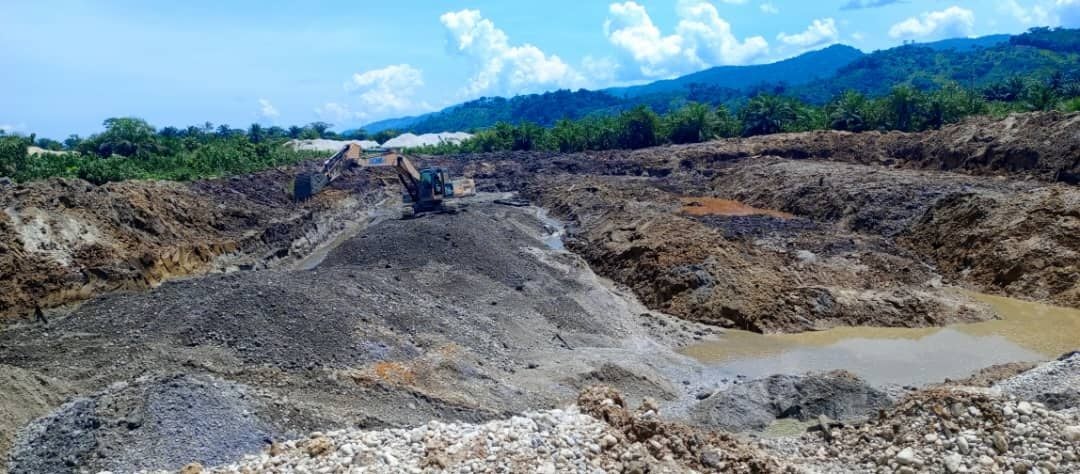
The project recommends more inclusion of Indigenous youth in decision-making bodies, integration of ecological entrepreneurship into public policy, and continued support for these innovative local initiatives from local authorities and international partners.
“The implementation of this project helped me to understand the reality of the project and to build resilience among the communities. The project provided a framework for reconciliation between the communities and helped to preserve their forests.” Balangaliza shared with the fellowship team.
Espoir also shared his vision for the community following the project, emphasizing that “the vision is a better conservation of our forests and the development of each individual’s skills within the community. It is about building autonomy for the preservation of forests and natural resources.”
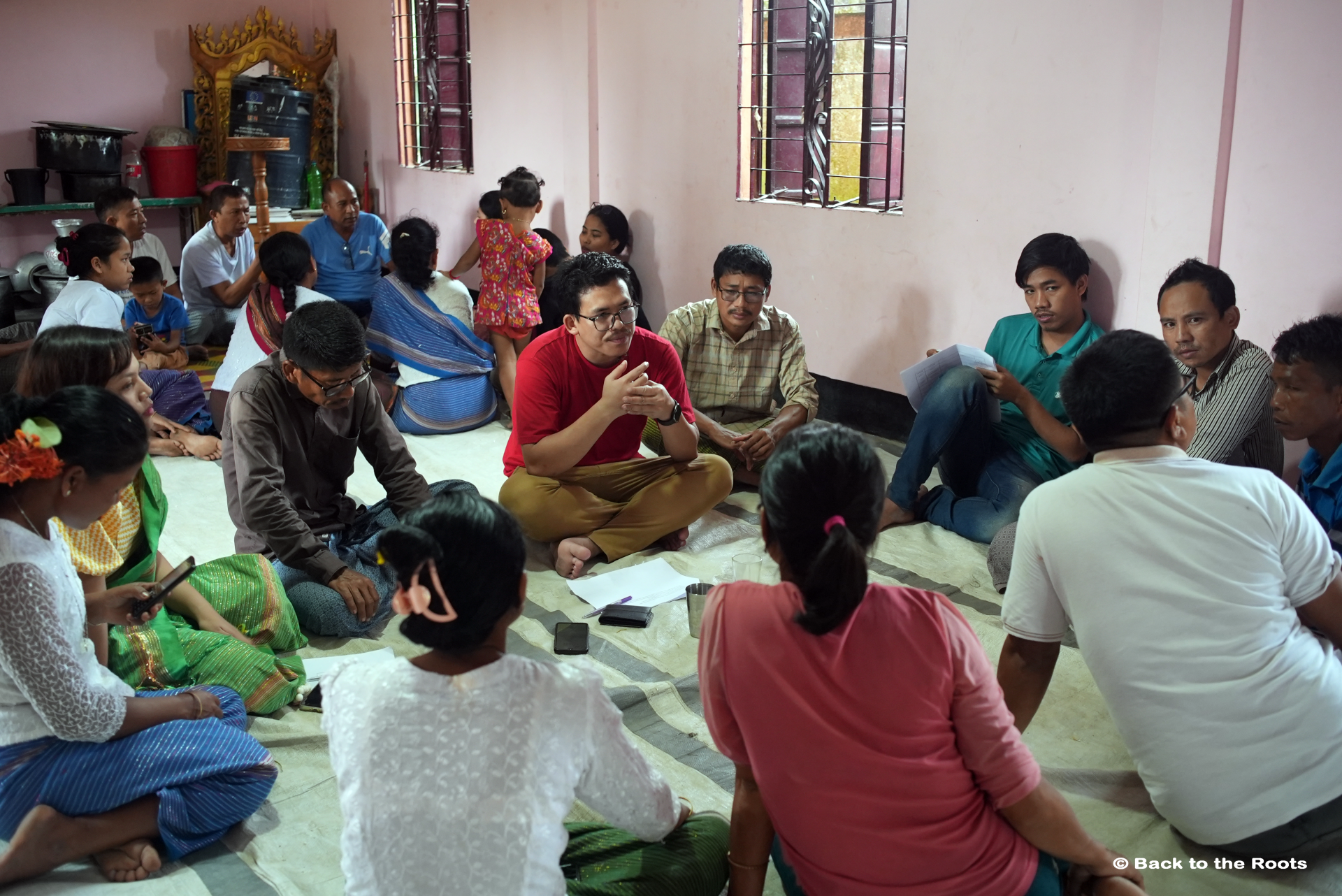
Probin Tripura (Tripura) from Bangladesh
Probin Tripura is an Indigenous youth activist and climate advocate from the Tripura community in Bangladesh. He is a core member of YARWNG, a Tripura indigenous word which means Roots, and leads the Environment and Climate Justice team under its 'Back to the Roots' movement. He has served as a fellow and coordinator for the Indigenous Fellowship Programme (YECAP), and worked with the Asia Indigenous Peoples' Pact, along with volunteering at Movers Envoy with the UNDP Youth Co: Lab, and received training in community organising in Malaysia.
Tripura's current work involves leading community projects in Indigenous villages in Khagrachari and promoting Indigenous knowledge for climate solutions. He has received multiple awards, including the DYDF (Dhrubotara Youth Development Foundation) Initiative, Youth Icon Award 2022, and the Women’s Peace Ambassador Award 2021, and continues to champion Indigenous-led environmental and social change alongside his team members.
Through Cultural Survival’s Indigenous Youth Fellowship, Tripura’s fellowship team is composed of four members from three different communities- Tripura, Marma, and Chak; representing the three districts of the Chittagong Hill Tracts: Bandarban, Khagrachari, and Rangamati. Coming from diverse communities and locations, implemented a project called “Promotion of Indigenous Knowledge for Sustainable Climate Change Solutions in the Chittagong Hill Tracts, Bangladesh”, which aimed to raise awareness of climate change
among Indigenous communities in the Bandarban Hill District and Rangamati Hill Districts, developing the capacity of Indigenous youth; promoting proactive Indigenous climate leaders; and revitalising Indigenous knowledge through intergenerational knowledge transfer.
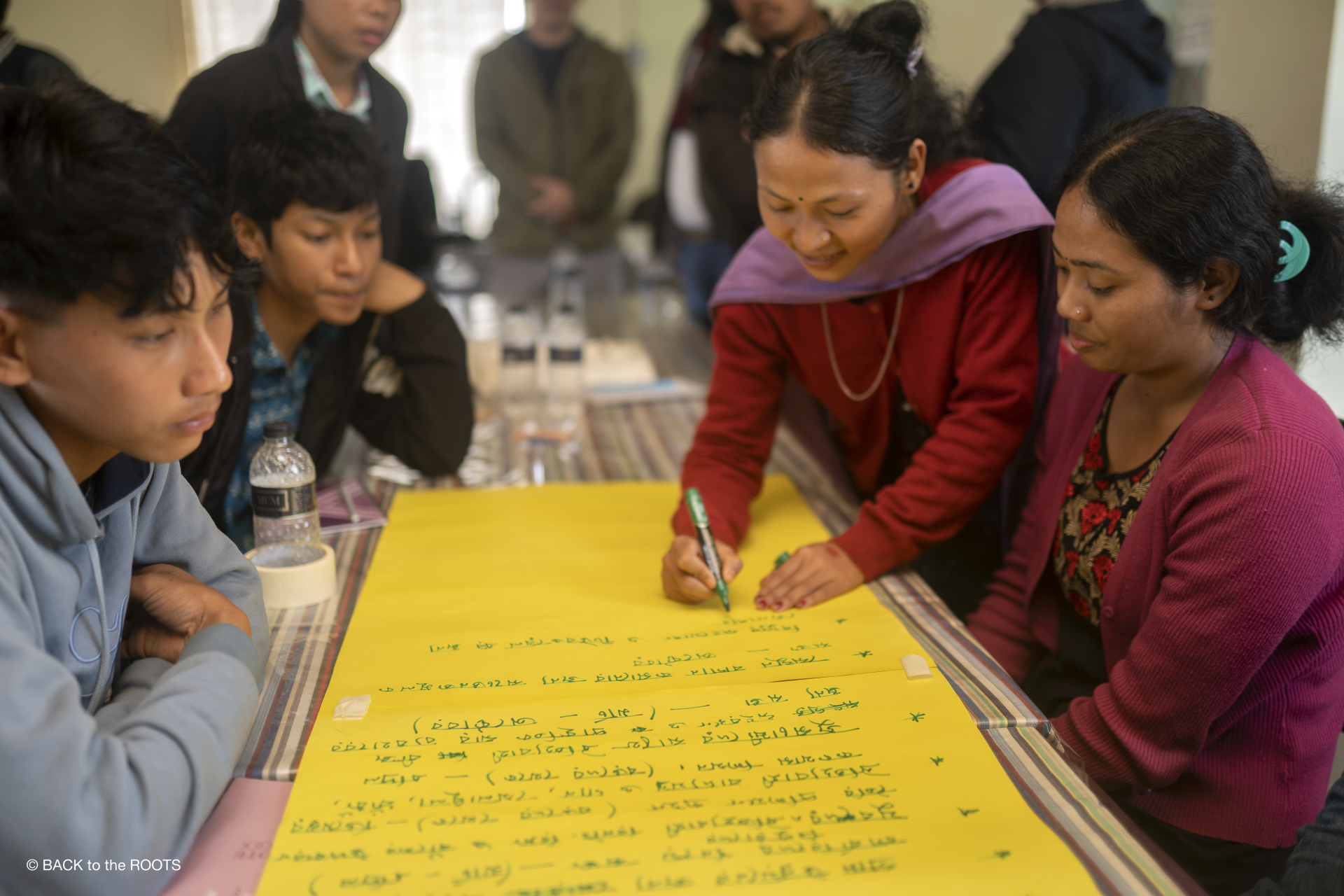
Activities included youth - Elder consultations, a capacity-building workshop, and an exchange visit. Participants discovered that many communities had lost their village forests or lacked the knowledge to regenerate them, highlighting the need for youth involvement in conservation.
This was the first time the community had been exposed to such an exchange. It was an opportunity for them to improve their communication skills and awareness of biodiversity. As the coordinator of the fellowship project, he shared that the project helped them realize the importance of collective efforts for social change beyond differences. It also allowed them to explore their respective community issues and exchange, our different knowledge and practices.
During the closing call, he shared that the idea had come from the knowledge gap regarding natural resource management among young people and how to live with nature.
“The Cultural Survival Indigenous Youth Fellowship enabled my team and me to implement an action-oriented project within the Indigenous community of the Chittagong Hill Tracts in Bangladesh. Through this initiative, we identified Indigenous and traditional knowledge for natural resource conservation, explored community-based solutions, and built bridges between young people and community leaders so that these practices could be relearned and applied in the fight against climate change.” Probin Tripura shared.
Despite facing challenges, the team worked collectively, viewing the initiative as an important step in demonstrating the role of Indigenous peoples as forest caretakers in Bangladesh.
